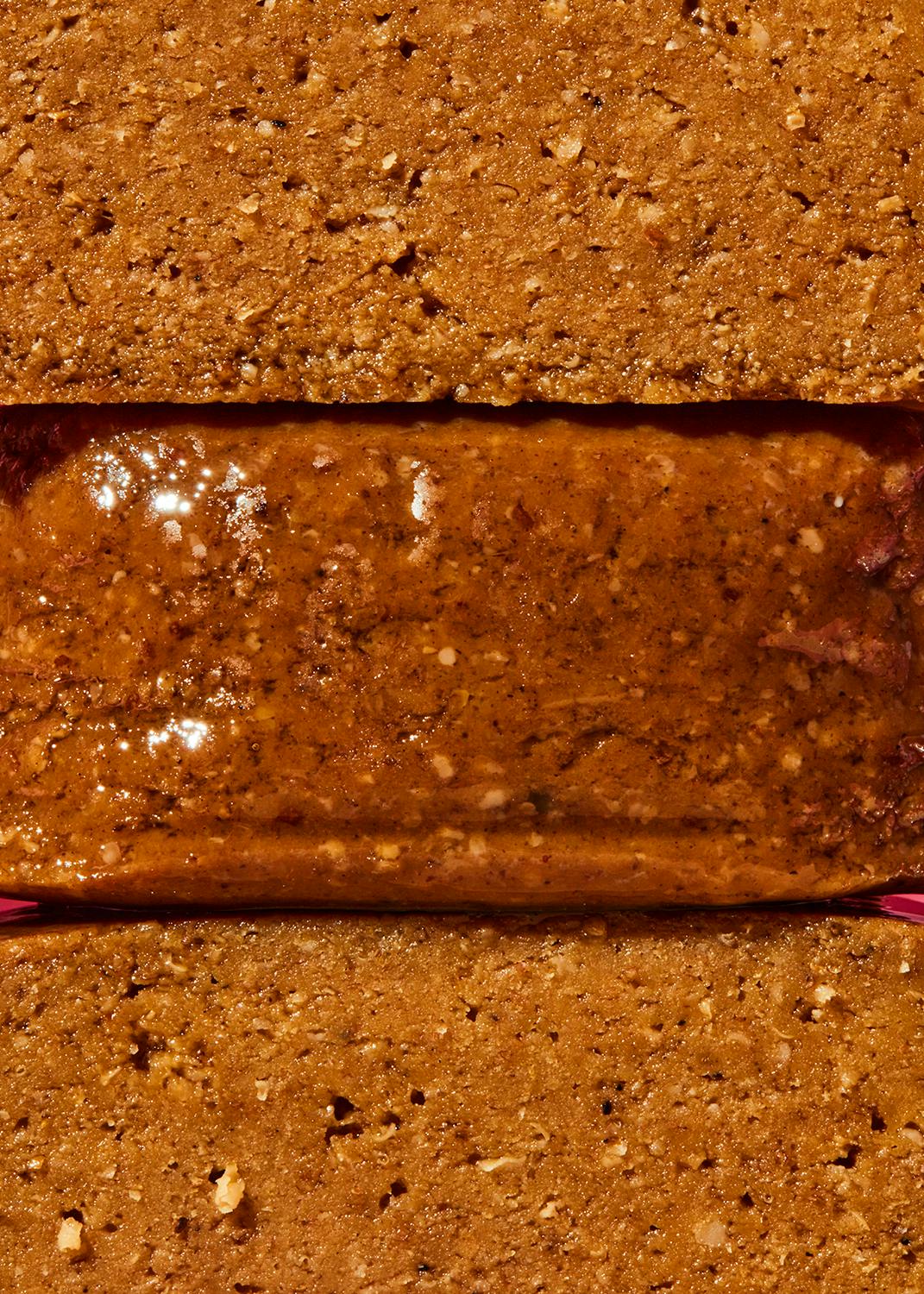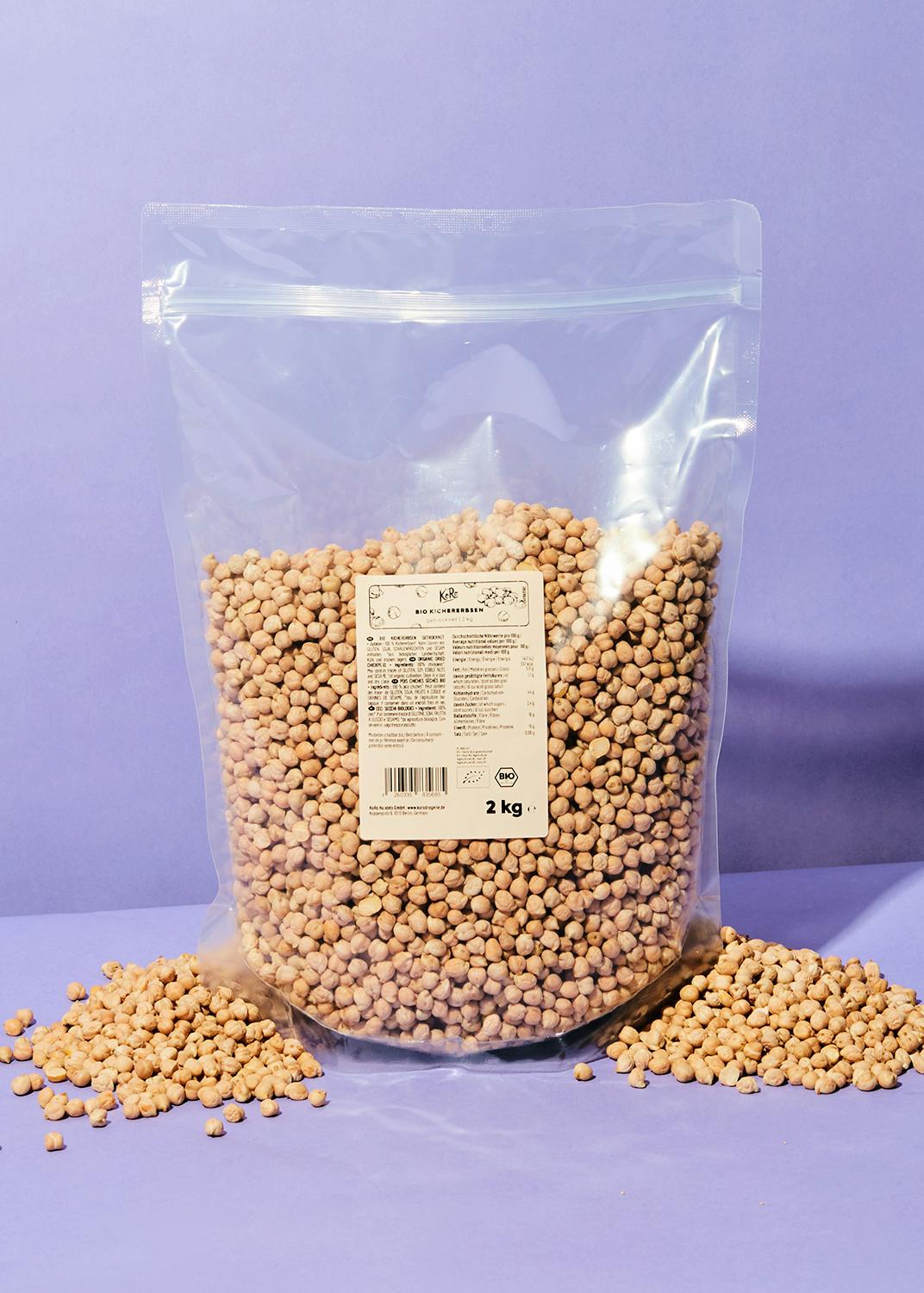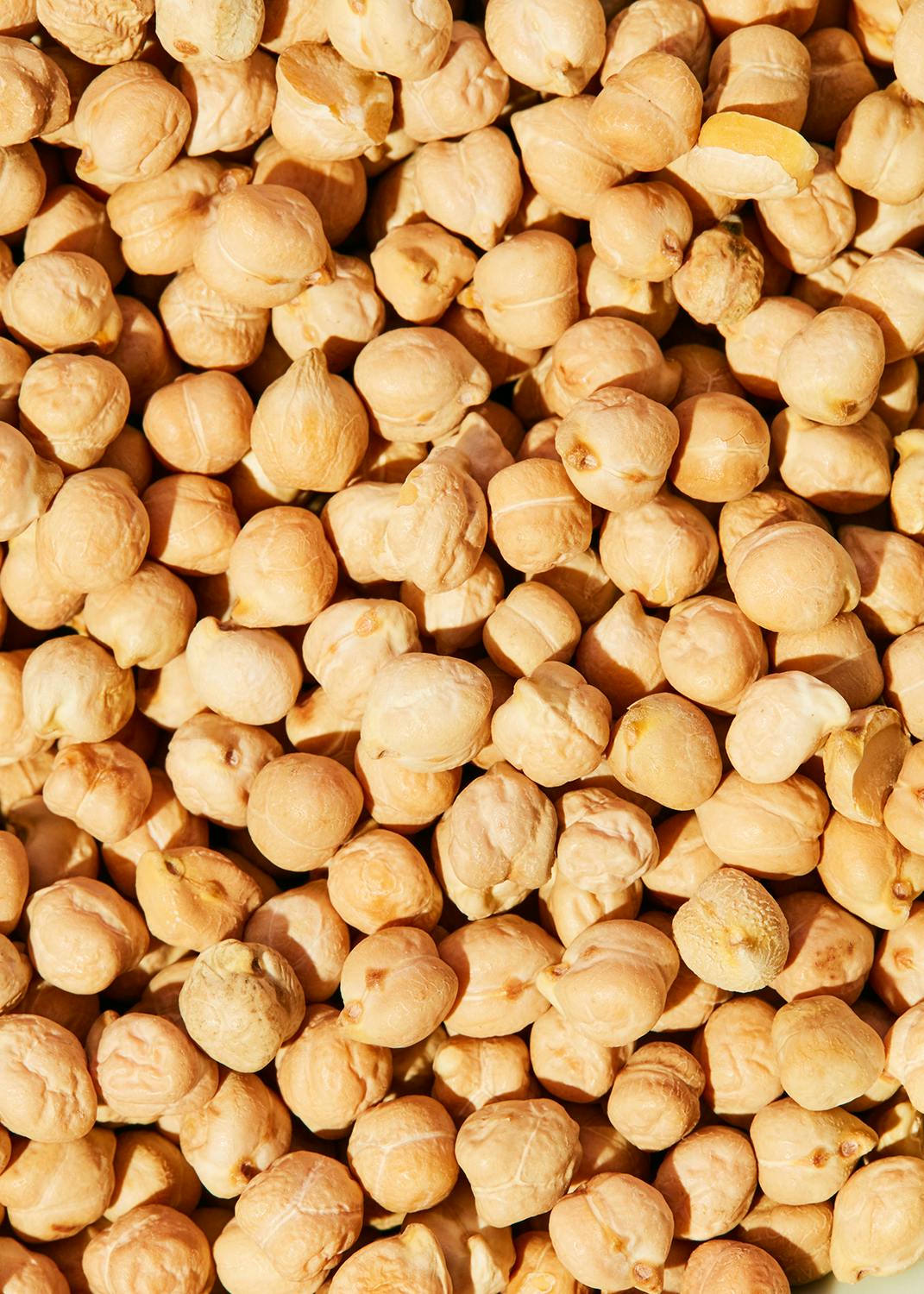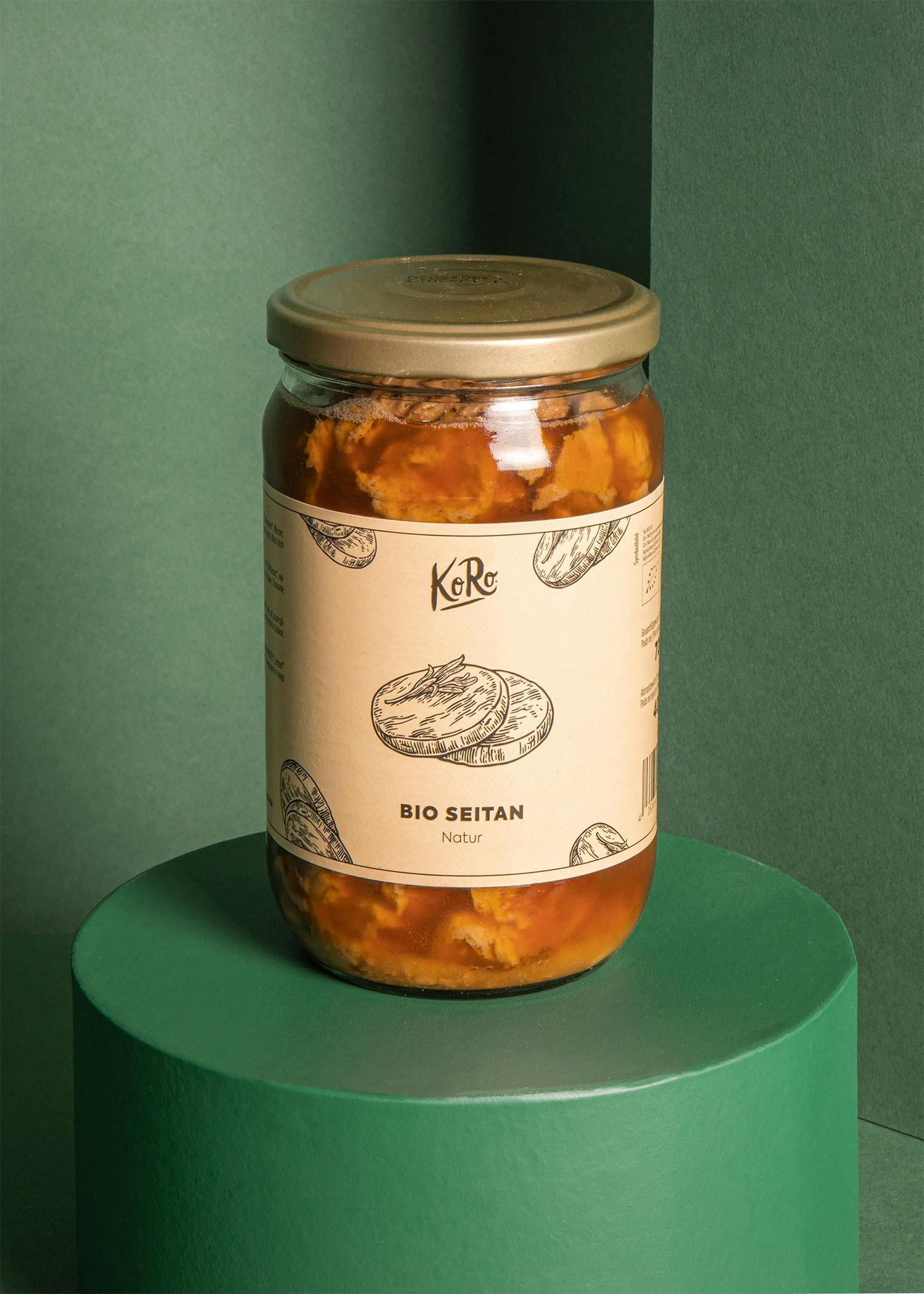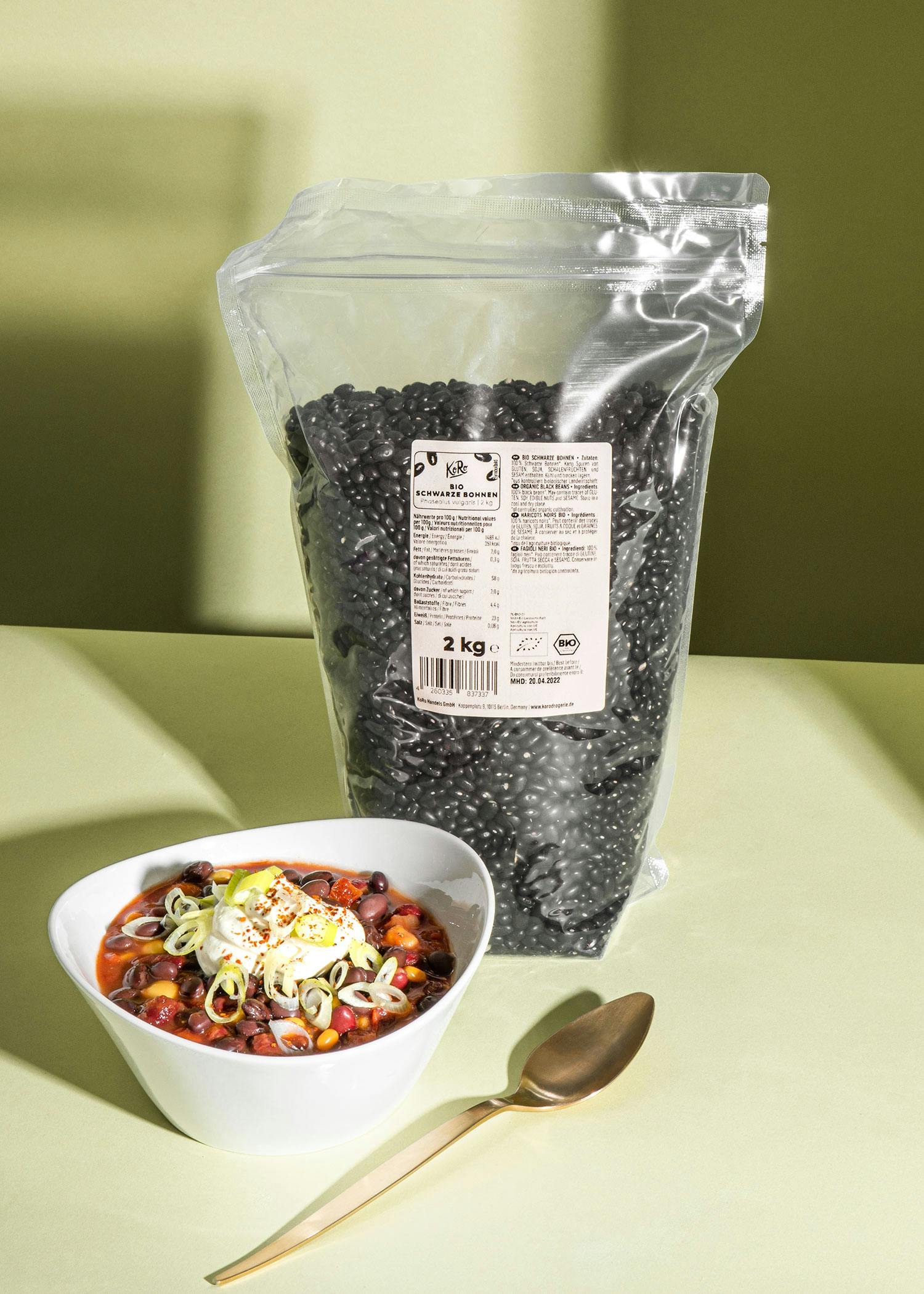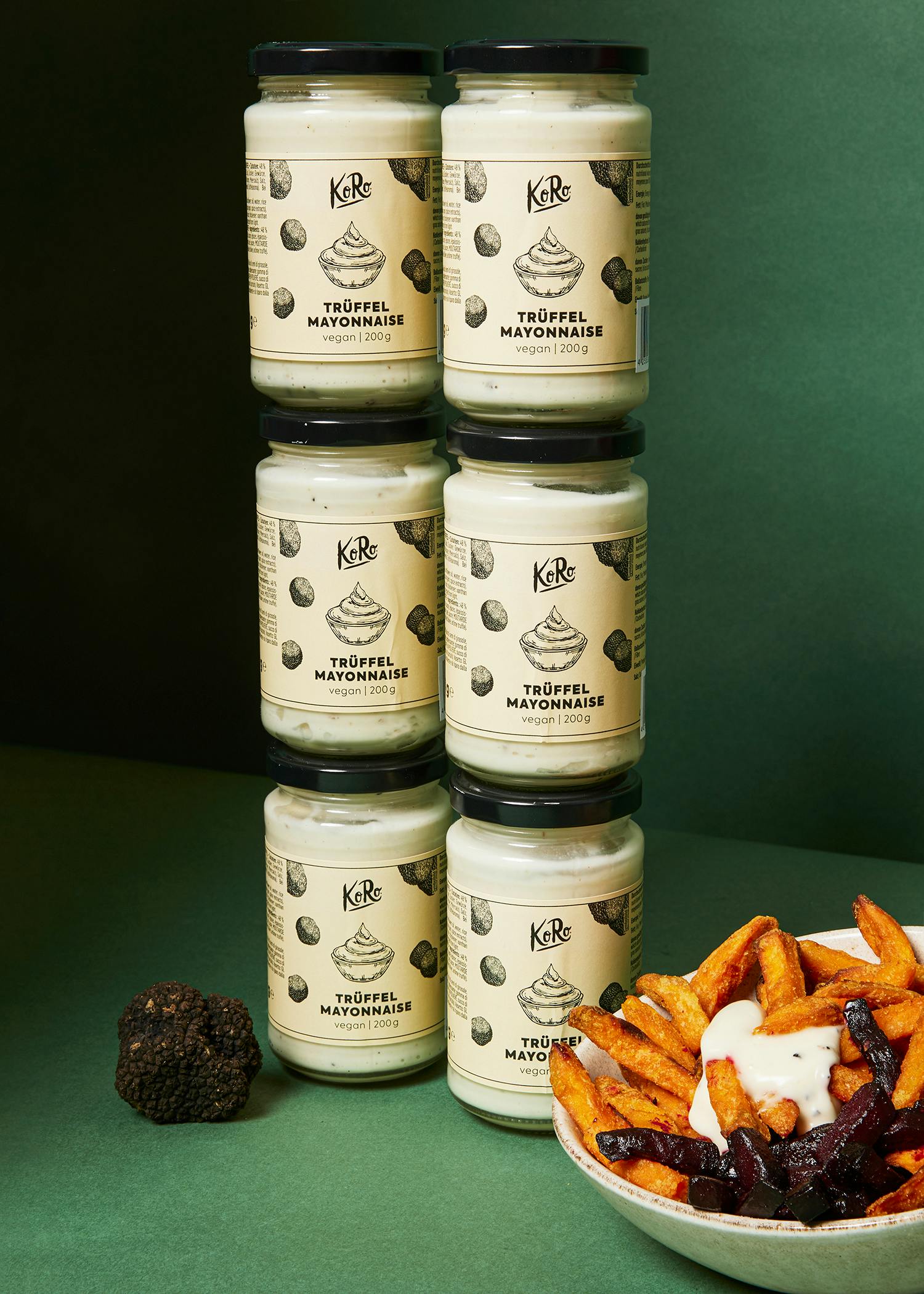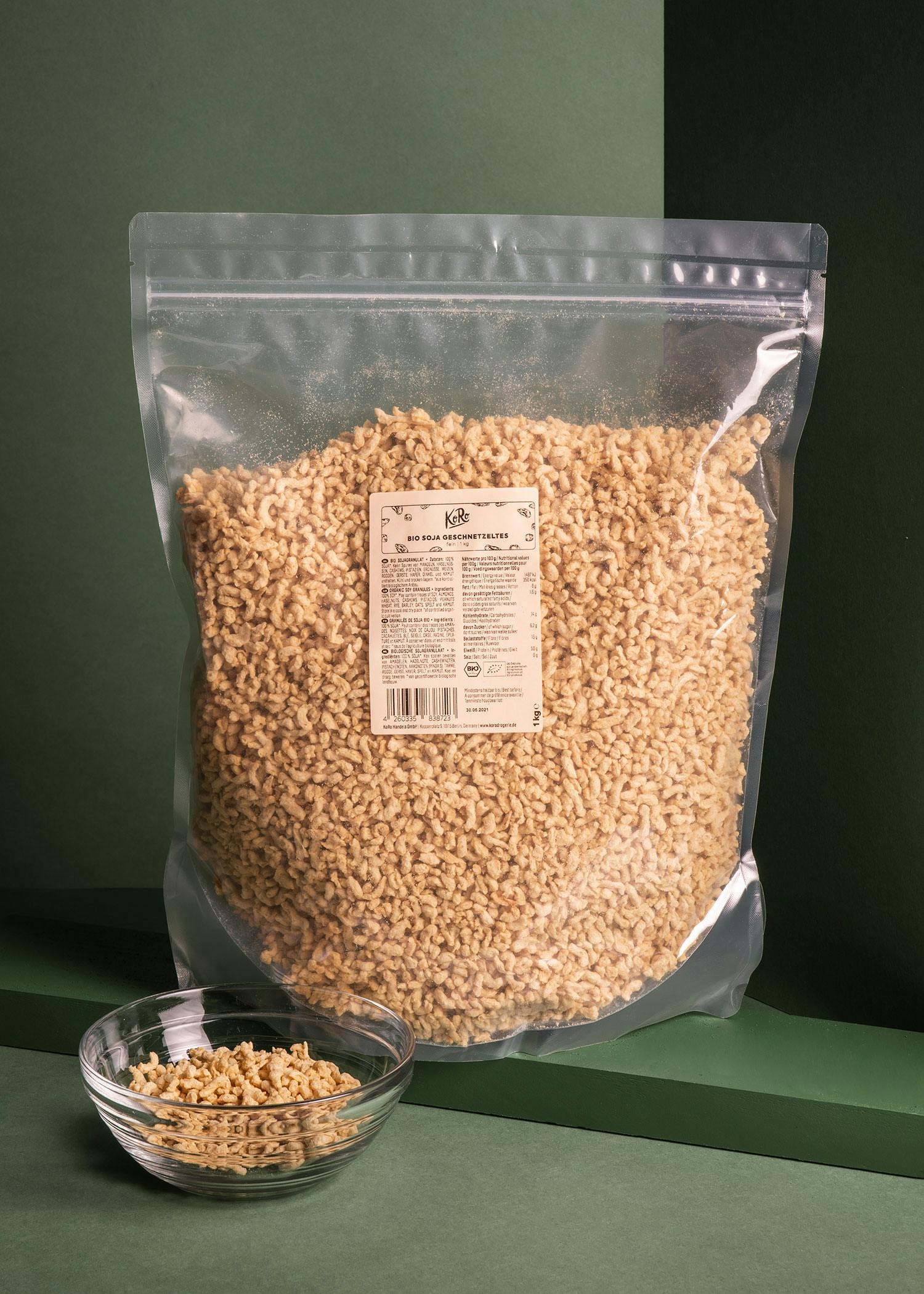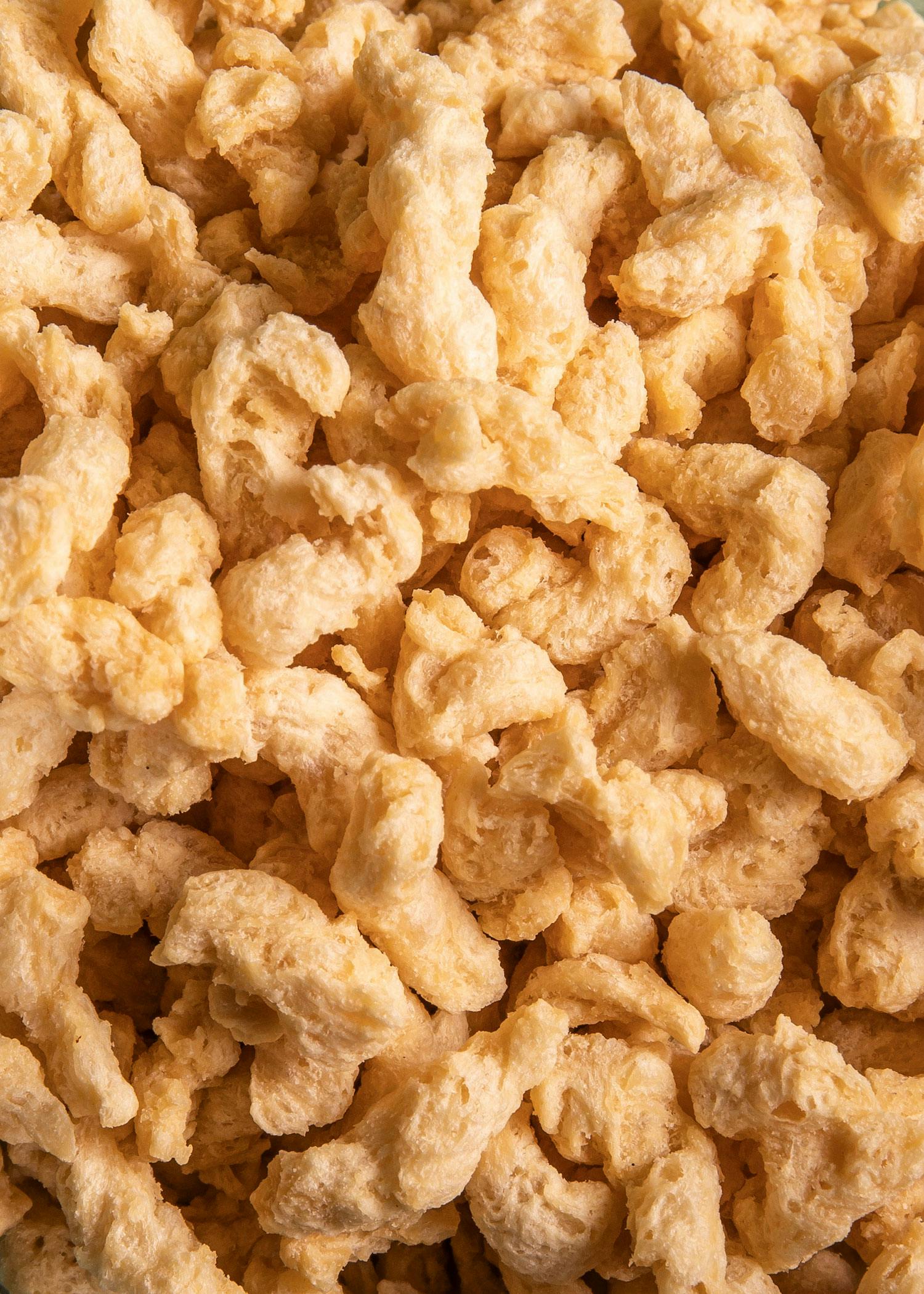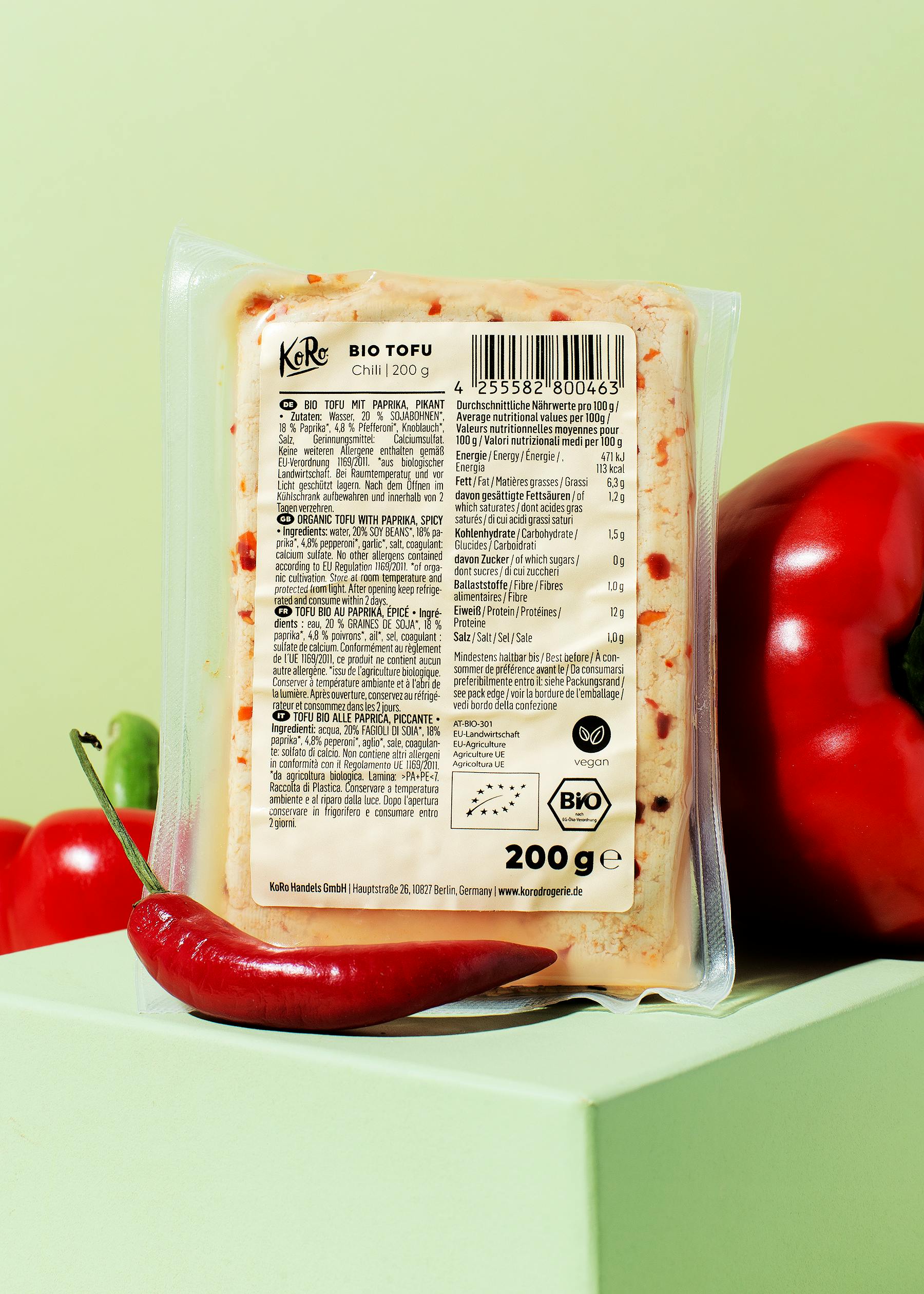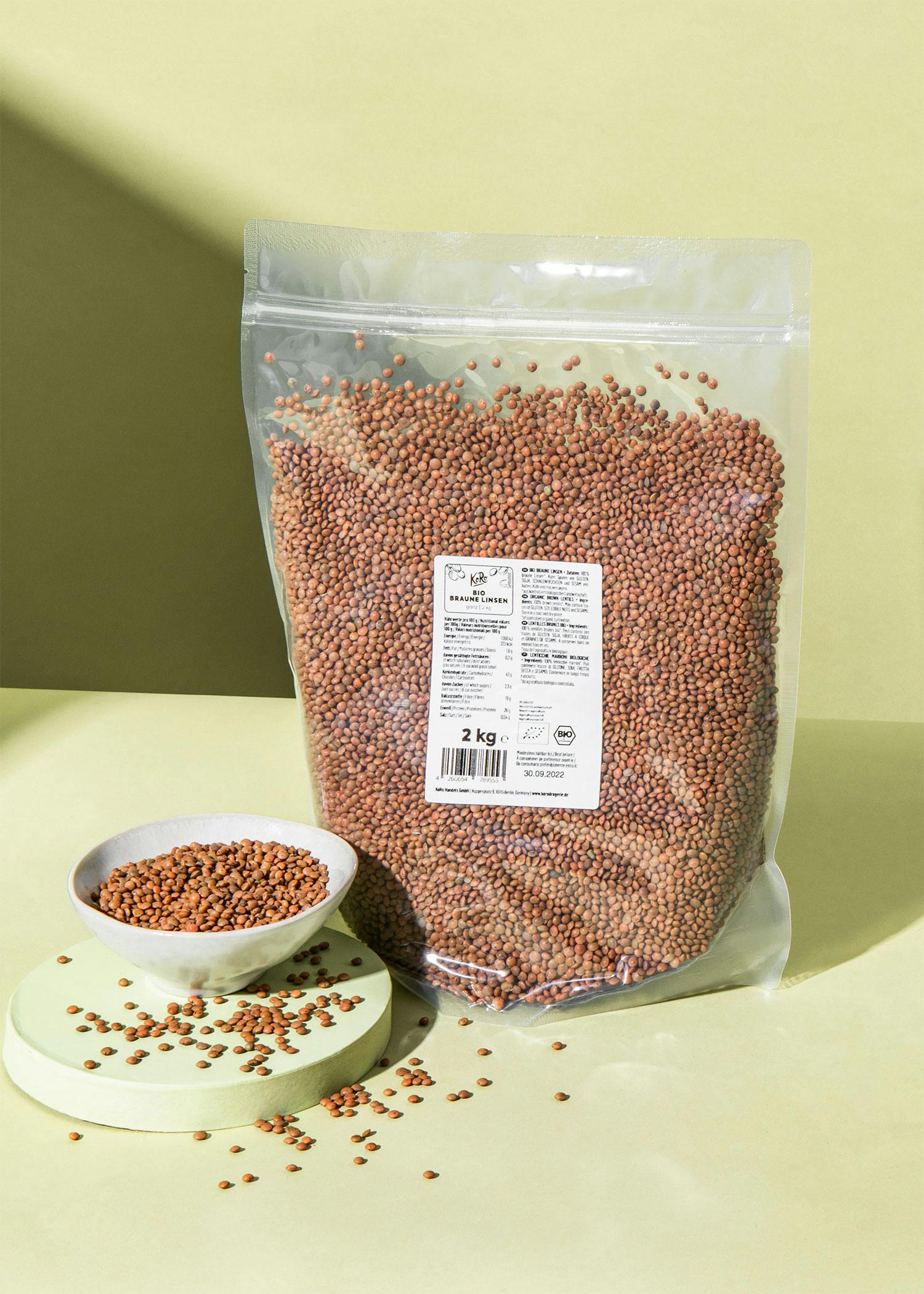You can now find vegan meat alternatives in every supermarket. The demand for plant-based meat substitutes has risen sharply in recent years. If you are still a little skeptical and wonder whether tofu can really compete with a Wiener schnitzel, you can now find out everything you need to know about vegan meat alternatives.
The advantages of vegan meat alternatives
Why meat alternatives when there is real meat? This or something similar is a well-known argument against the consumption of meat substitutes. If you like to eat a lot of meat, you may find it difficult at first to get anything out of plant-based products. Ultimately, you have to decide for yourself whether plant-based options are right for you. However, there are a few reasons in favor of vegan products:
High protein content
Soy in particular is full of protein! There are 52 g of protein per 100 g of our organic soy medallions. By comparison, chicken only has around 27 g of protein for the same amount. So if you are looking for a protein-rich diet, soy products can be a good choice to help you gain and maintain your muscle mass.
Conserving resources
Many vegan meat alternatives consist largely of soy. Nevertheless, vegetarians and vegans are not to blame for the rainforest being cut down. Around 80% of the soy imported into Germany ends up in feed troughs and is therefore largely used for meat production. This means that the environment is also significantly overburdened by factory farming. This development can be counteracted by switching to vegan food. And did you know that soy is now also being grown very successfully in Europe? In Italy, France, Serbia and Austria, among other places. We also source soy from Austria and France for many of our vegan meat alternatives.
Out of love for animals
For many vegans, the guiding principle is not to consume animal products for ethical and moral reasons. It is unlikely that animals will be slaughtered and processed into food any time soon, as the demand for meat is still too high. However, you can decide to reject or limit the consumption of animal products and thus make at least a small contribution.
What vegan meat alternatives are there?
Convinced? We have put together the best meat alternatives for you and present them to you here. Add variety to your kitchen.
Tempeh
Tempeh originally comes from Indonesia and is basically made from soy. The soybeans are first heated and then fermented. Fermentation means that a special type of mold is added to the beans. This provides a strong flavor. Don't worry - just like blue cheese, for example, the mold is suitable for consumption and is not harmful. The mould not only gives tempeh a very pithy, round and intense taste, but also ensures that the proteins contained in the soybeans can be broken down and utilized quickly and effectively. Due to its firm consistency, tempeh is suitable as a vegan burger patty or as a source of protein in salads, for example.
Seitan
Alongside tofu, seitan is probably the best-known meat alternative. Seitan (also known colloquially as "wheat meat") is made from wheat flour, from which a large proportion of the starch is removed during the manufacturing process. What remains is a tough, gluten-rich mass. People with coeliac disease should therefore choose a different meat alternative. The raw mixture is cooked or steamed in a marinade to give it its meat-like consistency and spicy taste. Seitan originally comes from Japan. There, the wheat meat is often eaten on its own or in vegetable stir-fries. As seitan has a very firm and meat-like consistency, it comes closest to meat in terms of texture. You can use it as a sausage substitute for bread and pizza or as a cutlet, for example. KoRo offers seitan both pure and as a steak or sausage.
Soy slices
For soy slices, soybeans are ground and then pressed. This mass is then de-oiled and the finished powder is shaped into the desired form and dried. That's it! Soy shreds are available in different sizes, from fine and coarse shreds to medallions. All you have to do is soak them in hot water or stock, squeeze them out well and then fry them in a pan with a little oil and you have crispy, vegan nuggets. But they are also great for classic sliced meat. You can also use the granules to make a fruity, spicy Bolognese sauce.
Tofu
The mother of vegan meat alternatives: tofu! Tofu is made from dehydrated, pressed soy milk and originally comes from China, but is widespread throughout the Asian continent. Tofu has many faces. There is natural tofu, which requires virtually no further processing after production. Smoked tofu is traditionally smoked over beech wood during the production process, giving it a particularly smoky and spicy flavor. It is great with a hearty snack or in curries. Silken tofu, which is more liquid and has a consistency more reminiscent of pudding, is often used for desserts.
We also find the marinated tofu varieties super tasty. How about tofu rosso with a Mediterranean flavor or something spicier with our tofu chili?
Legumes
Pulses as a meat substitute? - Yes, beans, lentils, peas and chickpeas are also great alternatives. The floury yet sticky consistency of various pulses makes them the ideal meat substitute. You can make great patties from kidney beans, mung beans or black beans, for example, but red lentils are also great for bolognese!
We hope you enjoy trying them out!

